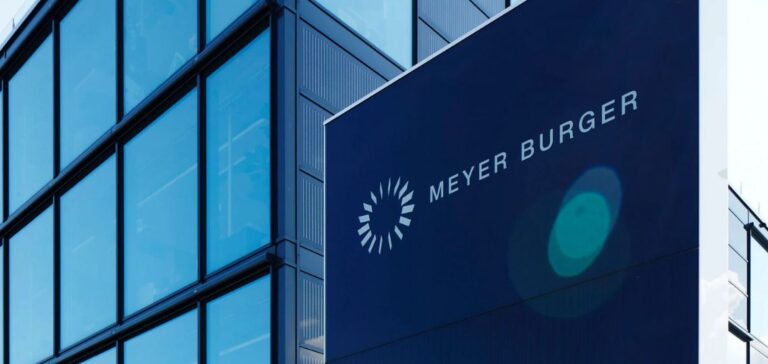Competition and price cuts in Europe have hampered Meyer Burger’s sales targets, significantly affecting financial results for 2023. In response to this situation, the company decided to invest heavily to focus its business on the US market, building a solar module factory in Arizona in 2021. These strategic decisions were taken against a backdrop of distortions in the European market that prevented us from fully realizing the expected economies of scale.
Financial consequences of the strategy
Fiscal 2023 was a difficult year for Meyer Burger, with a balance sheet marked by a significant loss, largely due to asset write-downs and inventory value adjustments in response to falling market prices. Although these adjustments had an impact on the balance sheet, they had no implications in terms of liquidity. The company had to recognize significant losses on fixed assets and inventories due to unfavorable market conditions.
Transition to the American market
Meyer Burger has taken the strategic decision to close the module production site in Freiberg and continue solar cell production in Germany to support expansion in the USA. This focus on the US market is seen as a crucial step for the company’s future growth. Solar module production will reach its full rated capacity of 1.4 gigawatts by the end of 2023, despite the constraints imposed by the European market.
Support for the Capital Increase
Faced with these challenges, Meyer Burger announced a capital increase, with a significant commitment from Sentis Capital and D.E. Shaw Renewable Investments (DESRI), signalling renewed confidence in the direction the company is taking. This financial support is intended to strengthen Meyer Burger’s position in the solar industry, particularly in the development of its business in the United States, underlining the importance of strategic partnerships for its expansion.
By focusing on the US market, Meyer Burger anticipates profitable growth in the medium term, with annual EBITDA expected to reach around 250 million Swiss francs once production capacity is fully implemented. This refocusing strategy is seen as an opportunity to overcome current challenges and solidify Meyer Burger’s presence in the international solar market, despite the difficulties encountered in Europe.






















